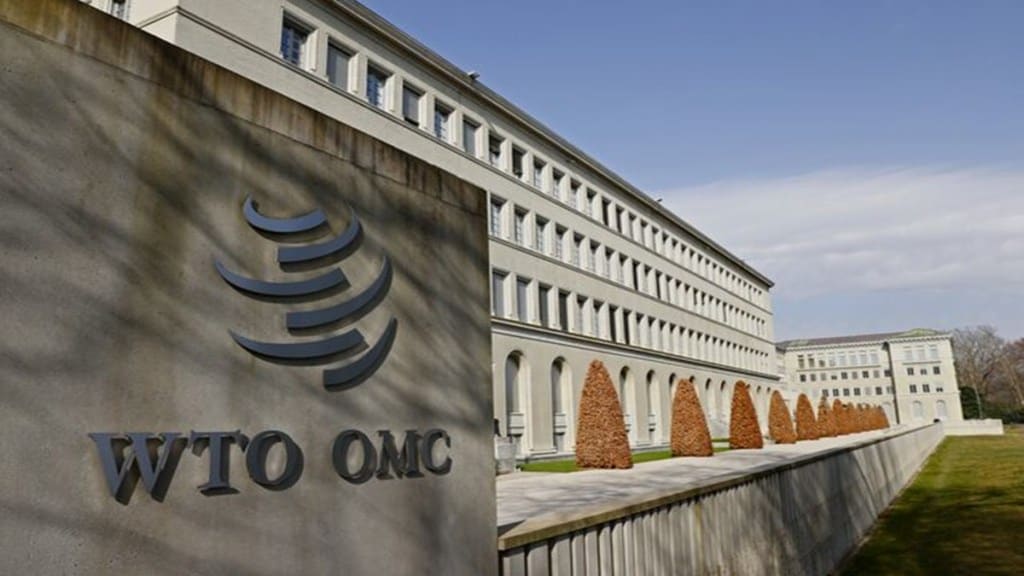India has notified the World Trade Organisation (WTO) that it proposes to retaliate against the extra duty of 25% imposed by the US on imports of automobiles and auto parts in May.
India’s move came after it sought consultations with the US on these tariffs early last month. India has termed the extra duties as “safeguard measures,” which as per rules, need to be been notified by the US to the WTO under Agreement on Safeguards. The US, however, rejected India’s demand saying that these tariffs were imposed on the grounds of “national security” so are not subject to the safeguard agreement.
“India reserves its right to suspend concessions or other obligations after the expiration of thirty days from the date of this notification,” New Delhi informed the WTO.
Through the notification India has reserved its right to retaliate, though actual imposition of tariffs may have to wait as both countries are involved in the negotiating a Bilateral Trade Agreement (BTA)
In a communication to the Council for Trade in Goods at WTO India has maintained that the extra 25% duties from May 3 on imports of passenger vehicles and light trucks, and on certain automobile parts originating from India would impact $ 2.89 billion of its exports.
Through extra duties the US will collect duty of around $ 723.75 million. The retaliatory tariffs by India would be designed in such a way that it would collect the same amount of duties on imports from the US, India notified the WTO.
“India reserves its right to adjust the products as well as the tariff rates. India reserves the right to withdraw, modify, supplement or replace this notification, and/or make a further notification or notifications as and when required, to ensure that the objective (to collect equivalent duties) is met at all times,” the notification added.
The proposed retaliation against auto tariffs, follows a similar move by India on extra duties on steel and aluminium which are now 50%. The safeguard measures on steel and aluminium would affect $ 7.6 billion imports into the US. As tariffs on steel and aluminium have doubled from, the duty collected could be over $ 3.5 billion. India retaliation there will lead to collection of similar amounts by imposing extra duties on American imports.
In 2018 also the first Trump administration had imposed 25% additional duties on steel and aluminium, India has retaliated to these duties in 2019 by imposing additional tariffs on imports from US of almonds, apples, chickpeas, lentils, walnuts, boric acid and diagnostic reagents among 21 other products. Both the impositions were challenged at the WTO by the opposite party.
In 2023 during Prime Minister Narendra Modi’s visit to US under Joe Biden presidentship, both sides agreed to end all their disputes at the WTO including the steel and aluminium tariffs and reciprocal action by India. In all seven WTO disputes were ended by India and the US through negotiations.


